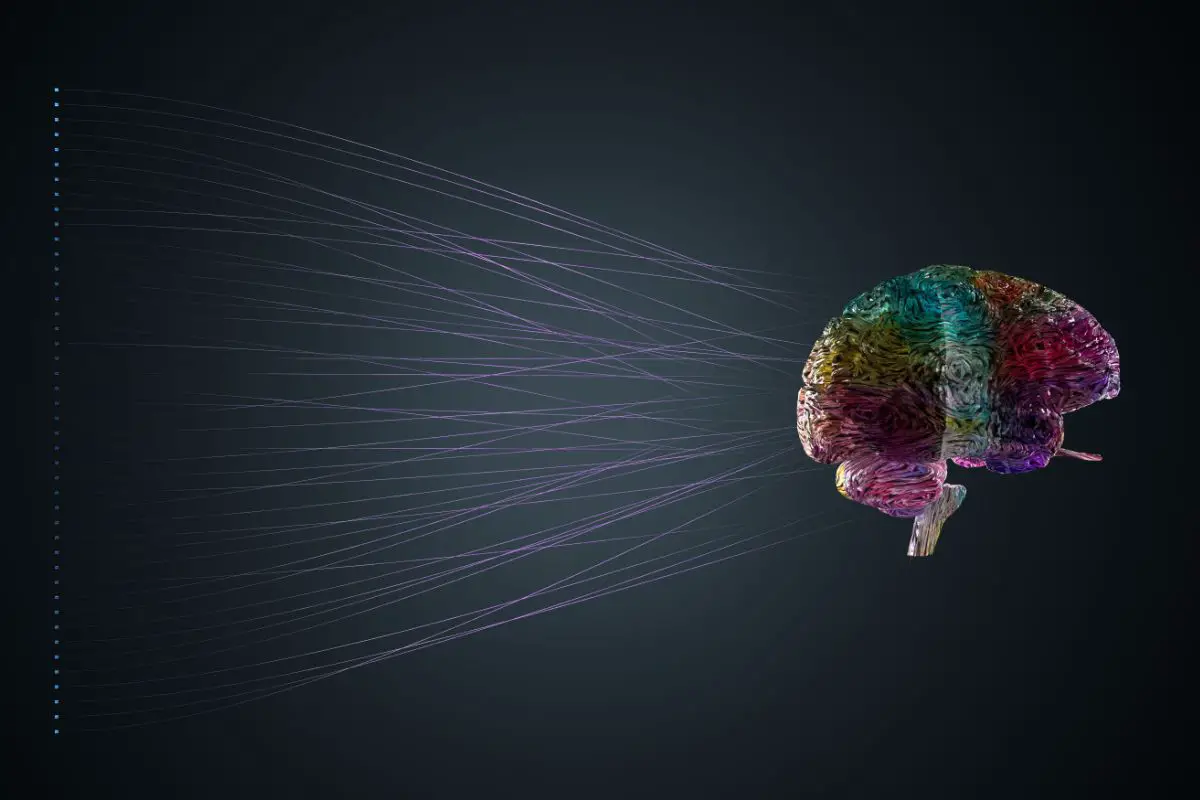Whether you’ve just begun to explore more about the topic of Deep Learning, or you’re already familiar with the subject, then you’ll be aware that two of the most prominent platforms out there are Caffe, and TensorFlow, and the two are often compared with one another to see which one is the best, and more specifically, which is fastest.

So, if you’re looking to find out whether Caffe or TensorFlow is the faster of the two, then you’re in the right place, as we’ll compare their speeds, and more, all in our comparison guide below!
What Is Deep Learning?
If you’ve never heard of Deep Learning before, then the likelihood is that you’ll already be confused about what it is exactly, so allow us to provide you with a brief introduction to what Deep Learning is, and what it is used for.
Deep learning is a type of machine learning that involves using neural networks to learn from data. Neural networks are composed of multiple layers of interconnected nodes, and they are able to learn complex patterns and relationships in data by adjusting the weights of the connections between nodes.
Deep learning algorithms are able to learn and make predictions directly from raw data, without the need for manual feature engineering. This makes them well-suited for a wide range of tasks, such as image and video recognition, natural language processing, and speech recognition.
Deep learning has been used to achieve state-of-the-art results in many areas of machine learning, and it continues to be an active area of research and development.
So, it’s a complicated subject, but for those involved, understanding which one is faster is important information!
What Is Caffe?
Caffe is a deep learning framework developed by the Berkeley Vision and Learning Center (BVLC) and community contributors.
It is designed for training and deploying deep learning models on large datasets, and has been used for a variety of applications, including image and video classification, segmentation, and generation.
Caffe is written in C++ and supports both CPU and GPU training, making it suitable for large-scale, distributed training.
Additionally, Caffe includes a number of tools and libraries for data preprocessing, visualization, and model evaluation, making it a versatile and powerful platform for deep learning.
What Are Caffe’s Benefits?
Caffe has a wide range of benefits, with the most notable one being its versatility when it comes to the various applications it has, but there are other benefits too, such as:
- Caffe is fast and efficient, which makes it well-suited for training large-scale deep learning models.
- Caffe is easy to use and has a clean, simple interface, which makes it a good choice for researchers and developers who are new to deep learning.
- Caffe is modular and extensible, which means users can easily add new layers and functionality to the framework.
- Caffe is widely used in industry and academia, which means there are many pre-trained models and trained weights available for use in a variety of applications.
- Caffe has been used to train and deploy many state-of-the-art deep learning models, including those used in image and speech recognition, natural language processing, and time series analysis. This means that users can leverage the latest advances in deep learning when using Caffe.
What Is TensorFlow?
TensorFlow is an open-source software library for machine learning and artificial intelligence. It was developed by Google and is used by many companies and organizations for a variety of tasks, including training machine learning models and conducting research in artificial intelligence.
TensorFlow provides a flexible and powerful platform for creating and deploying machine learning models, and it has become one of the most widely-used machine learning libraries in the world.
What Are Tensorflow’s Benefits?
There are a lot of benefits that come with using TensorFlow, which is why it’s such a popular platform! Some of these benefits include:
- TensorFlow is open-source, which means it is free to use and modify. This makes it accessible to a wide range of users, from individual researchers to large organizations.
- TensorFlow is highly flexible and can be used for a wide range of tasks, including image and speech recognition, natural language processing, and time series analysis. This makes it a powerful tool for conducting research in artificial intelligence.
- TensorFlow has a large and active community of users and developers, which means there is a wealth of resources available to help users learn and use the library, including tutorials, forums, and online courses.
- TensorFlow can be used on a variety of platforms, including CPUs, GPUs, and TPUs (Tensor Processing Units), which allows users to run TensorFlow models on a range of devices, from high-performance computers to mobile devices.
- TensorFlow has been designed for production use, which means it is efficient, scalable, and reliable. This makes it well-suited for building and deploying machine learning models in real-world applications.
What’s The Difference Between Caffe And TensorFlow?

Caffe and TensorFlow are both open-source deep learning frameworks, but they have some key differences:
- Caffe is developed by the Berkeley Vision and Learning Center (BVLC), while TensorFlow is developed by Google.
- Caffe is focused on speed and efficiency, and is well-suited for training large-scale deep learning models. TensorFlow is more flexible and can be used for a wider range of tasks, including image and speech recognition, natural language processing, and time series analysis.
- Caffe has a simpler interface and is easier to use, while TensorFlow has a more complex API and can be more difficult to learn.
- Caffe is less flexible than TensorFlow and has a more limited set of built-in layers and functionality. TensorFlow, on the other hand, is more modular and extensible, which means users can easily add new layers and functionality to the framework.
- Caffe has a smaller and less active community than TensorFlow, which means there are fewer resources available for learning and using the framework. TensorFlow, on the other hand, has a large and active community of users and developers, which means there is a wealth of resources available to help users learn and use the library.
Caffe Vs TensorFlow: Which Is Faster?
Caffe is generally considered to be faster and more efficient than TensorFlow, especially when it comes to training large-scale deep learning models.
This is because Caffe was designed with speed and efficiency in mind, and it uses a number of techniques to reduce the amount of memory and computational resources required for training.
TensorFlow, on the other hand, is more flexible and can be used for a wider range of tasks, but this added flexibility comes at the cost of performance.
Ultimately, the relative speed of Caffe and TensorFlow will depend on the specific model and task at hand, and it may be necessary to conduct performance benchmarks to determine which framework is best suited for a given application.
Final Verdict
So, Caffe is usually considered to be the faster of the two frameworks, the actual speed ultimately depends on the application which they’re being used for, so whether you choose Caffe or TensorFlow is completely up to you!









Your article helped me a lot, is there any more related content?
I have read your article carefully and I agree with you very much. This has provided a great help for my thesis writing.